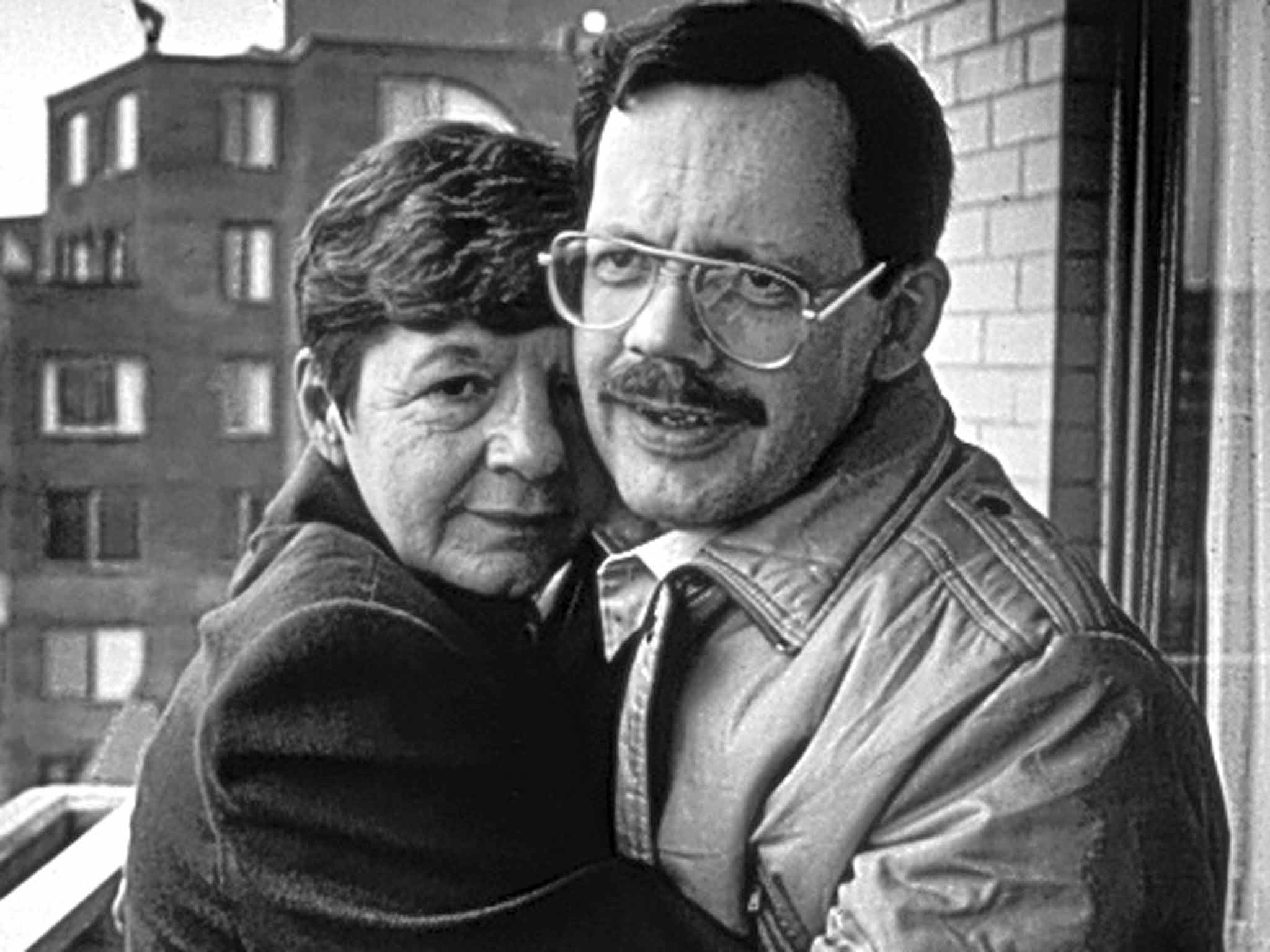Peggy Say: 'Remarkable woman' who campaigned for the release of her journalist brother from his captors in Lebanon

Your support helps us to tell the story
This election is still a dead heat, according to most polls. In a fight with such wafer-thin margins, we need reporters on the ground talking to the people Trump and Harris are courting. Your support allows us to keep sending journalists to the story.
The Independent is trusted by 27 million Americans from across the entire political spectrum every month. Unlike many other quality news outlets, we choose not to lock you out of our reporting and analysis with paywalls. But quality journalism must still be paid for.
Help us keep bring these critical stories to light. Your support makes all the difference.
Peggy Say spent nearly seven years on a tireless quest for the release of her brother, the journalist Terry Anderson, and fellow hostages from kidnappers in Lebanon.
Anderson, the chief Middle East correspondent for the Associated Press when he was abducted from the streets of Beirut in 1985 in the midst of the country's civil war, said his sister died after a lung illness. She had been living in Cookeville, Tennessee.
A self-described housewife, Say quickly became her brother's most prominent public champion, keeping his fate and that of the other hostages in Lebanon in the public eye as the years went by.
“We were allowed a radio from time to time, and we did hear about her efforts and the efforts of other hostages' families on the radio, and of course it was always a great comfort,” said Anderson, who was held by the pro-Iranian Shi'ite Muslim militant faction Islamic Jihad for 2,454 days.
Anderson was released on 4 December 1991. He was the longest held of 92 foreigners abducted during the civil war. Most were ultimately freed. Eleven died or were killed in captivity.
Former AP President Lou Boccardi remembered Say as a “remarkable woman” and a relentless advocate. “In a very short time, she made herself into a national figure [during the] long and frustrating efforts to win freedom for her brother,” Boccardi said. “She never took 'no' for an answer.”
Say was living in upstate New York when her brother was taken hostage. She moved to the western Kentucky town of Cadiz to find more privacy for herself and her husband, David, in 1988. He died in 2012.
Say met periodically with then-UN Secretary General Javier Perez de Cuellar. Her travels also brought her face to face with Pope John Paul II, Palestinian leader Yasser Arafat and an associate of the notorious terrorist Abu Nidal.
Anderson, who recently retired from teaching journalism at the University of Florida, said he credits his sister's prominent role in helping keep the hostages alive. “Remember these were very bad guys,” he said. “They could easily have killed us, but they didn't. They let us go.”
Anderson said his sister had retired after working on behalf of victims of domestic violence. In addition to Anderson and two other siblings, Say is survived by her daughter, Melody Smith, son, Edward Langendorfer, and several grandchildren.
Peggy Say, campaigner: born Lorain, Ohio 15 February 1941; died Cookeville, Tennessee 23 December 2015.
Subscribe to Independent Premium to bookmark this article
Want to bookmark your favourite articles and stories to read or reference later? Start your Independent Premium subscription today.
Join our commenting forum
Join thought-provoking conversations, follow other Independent readers and see their replies
Comments